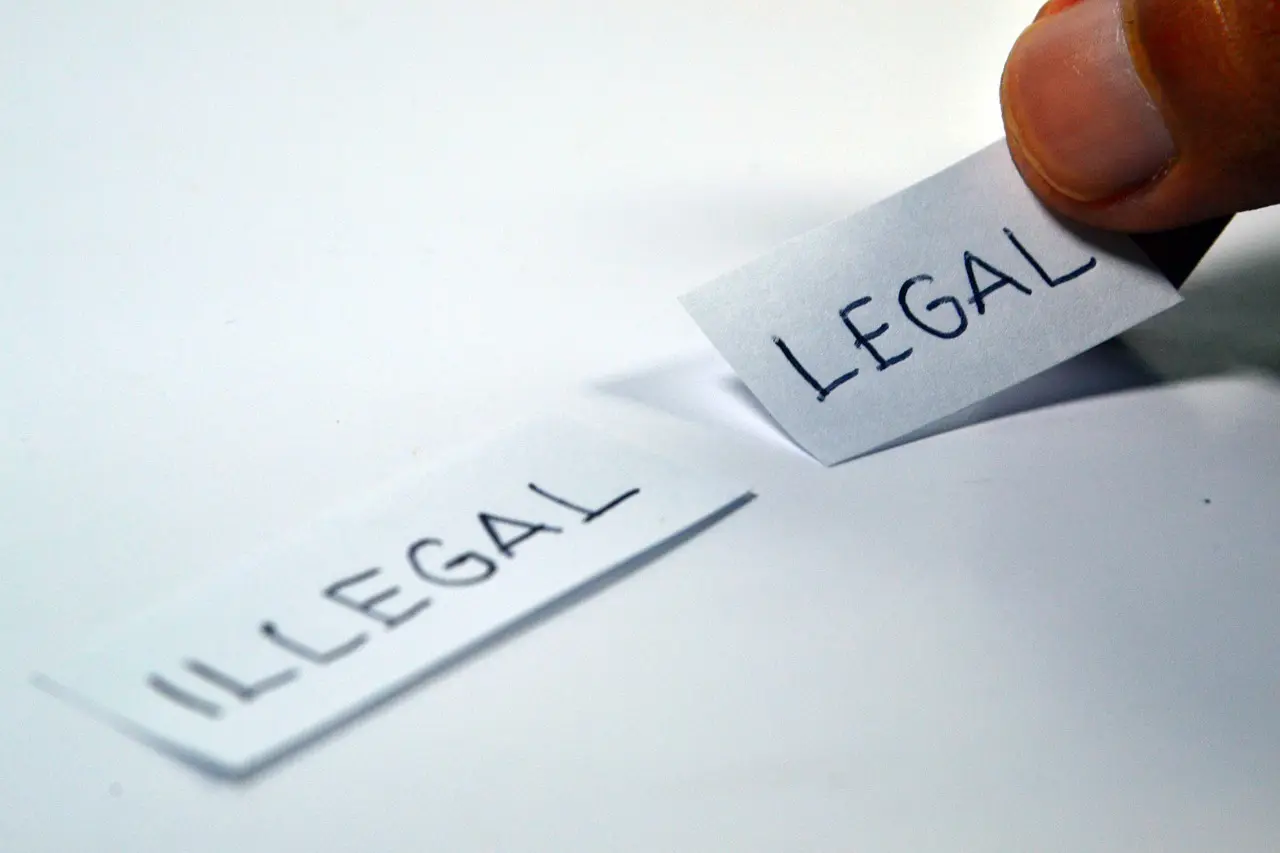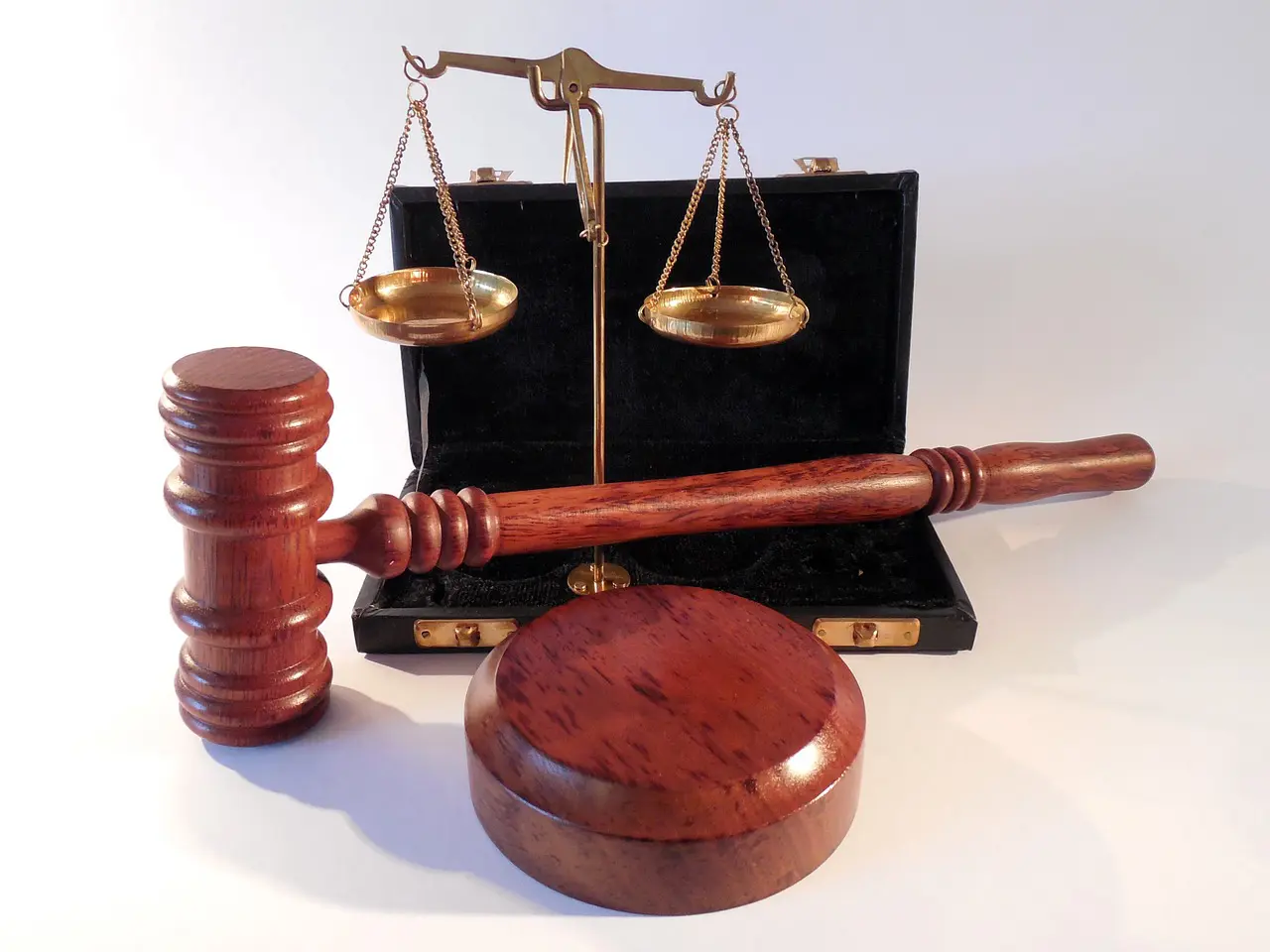Most Canadians don’t spend much time thinking about criminal justice, and may not even know much about how the criminal justice system works.
But all of this can change in an instant when a squad car pulls up beside your or an officer knocks on your door to inform you that you’ve been charged with a criminal offence. There are many situations in which you will want to retain the services of an experienced criminal defense lawyer in Toronto and in this blog, we’ll be exploring the four main ones:
- If you have been charged with a criminal offence
- If you are awaiting a bail hearing
- If there is a warrant for your arrest
- If you have been the victim of an unlawful arrest
No matter what you’ve been charged with, a criminal lawyer can represent your side of the case in court, helping you clear your name, have the charges dropped, or achieve a fairer sentence in the event of a guilty verdict.
1. If You Have Been Charged with a Criminal Offense
While it might seem obvious that any person charged with a criminal offence should want to seek out the help and expertise of a criminal defence lawyer, all-too-often people feel that such a step is unnecessary or pointless.
For example, if a person is charged under Ontario DUI laws after failing a breathalyzer test, they may feel that there is simply no point in contesting the charges.
But breathalyzer tests have been known to produce false positives, and in order to use a breathalyzer test as evidence, the police need to follow certain protocols (one test is usually insufficient, so if a second test was not administered, they may not be able to build a case).
Even if you are found guilty of a DUI in Ontario, you may not need to face the strictest penalties if your criminal defence attorney is able to make a strong argument that the offence was not severe enough to merit jail time.
The decision of whether or not to fight DUI charges — or any other criminal charges — is one that should only be made after consultation with a lawyer. Pleading guilty straight away can leave you with a criminal record that will have a significant impact on your life, limiting your ability to:
- Travel
- Maintain employment
- Work in certain industries
- Volunteer
Canadian law allows for a wide variety of penalties and sentencing options for most offences, and even if you are found guilty, you will not necessarily face the most onerous penalties. Fighting the charges is often the best way to avoid the burden and stigma of a criminal record.
2. If You Have an Upcoming Bail Hearing
Bail hearings are an essential part of the Canadian justice system, and they are designed to ensure that people who have been charged with a crime but pose no danger to the wider public are released from custody while awaiting trial.
Bail hearings are important for two reasons:
- Bail upholds the principle that the accused should be considered innocent until proven guilty, and allowed, as much as is reasonable, to live a normal life while preparing for their trial date.
- Bail reduces stress on the prison system, and helps ensure that people who have only been accused of a criminal offense are not locked up with convicted criminals.
Many things are taken into consideration when deciding whether or not to grant someone bail, and when the system is working as it should, the judge will consider options like cash bail and probationary measures as preferable to incarceration for any persons charged with a non-violent offence.
Unfortunately, there is ample evidence suggesting the Canadian bail system is not working as it should: all too often, the prosecution takes an overly cautious view of things and detains people who pose a minimal risk of re-offending or of fleeing the jurisdiction or country.
Having a lawyer represent you at your bail hearing is the only way to guarantee that your rights will be protected, and that your case for bail will be argued in the most convincing way possible.

Credit: Fathromi Ramdlon Via Pixabay
3. If There is a Warrant for Your Arrest
Under Canadian law, if the police want to charge someone with a criminal offence but are unable to locate them, they ask a judge or court to issue a warrant for that person’s arrest.
Arrest warrants can be issued for any number of offences, including domestic assault, traffic violations, and drug crimes. While warrants are issued for arrest in a specific jurisdiction, police from any jurisdiction can enforce the warrant.
If there is a warrant for your arrest warrant in Canada the best thing to do is contact a criminal defence attorney who can help you negotiate the process of turning yourself in. Being proactive will help your case, and a criminal lawyer can help ensure that the arrest is handled in an orderly and safe way.
4. If You Believe You Have Been Wrongfully Arrested
Law enforcement officers are given broad latitude to arrest anyone who they have reasonable grounds to believe has committed an offence, is about to commit an offense, or has an arrest warrant in their name. But criminal defense in Canada rests on the principle that the police cannot arbitrarily arrest or detain people.
The phrase “reasonable grounds” is the operative one, here, and the Canadian Charter of Rights and Freedoms protects Canadian citizens and residents from unlawful arrest. If the police are not able to prove that they had reasonable grounds to arrest or detain someone, they have violated that person’s civil rights.
If you have been a victim of unlawful arrest, contacting a criminal defence lawyer should be your first step. A criminal lawyer will be able to help you to secure bail and get the charges dropped, at which point you can start thinking about whether or not you want to sue for damages.
A criminal lawyer is your first line of defence when it comes to protecting your civil rights, so if you’ve been charged with a crime, are waiting for a bail hearing, have a warrant out for your arrest, or have been unlawfully arrested, contact Jeff Reisman Law and start building your case today.

